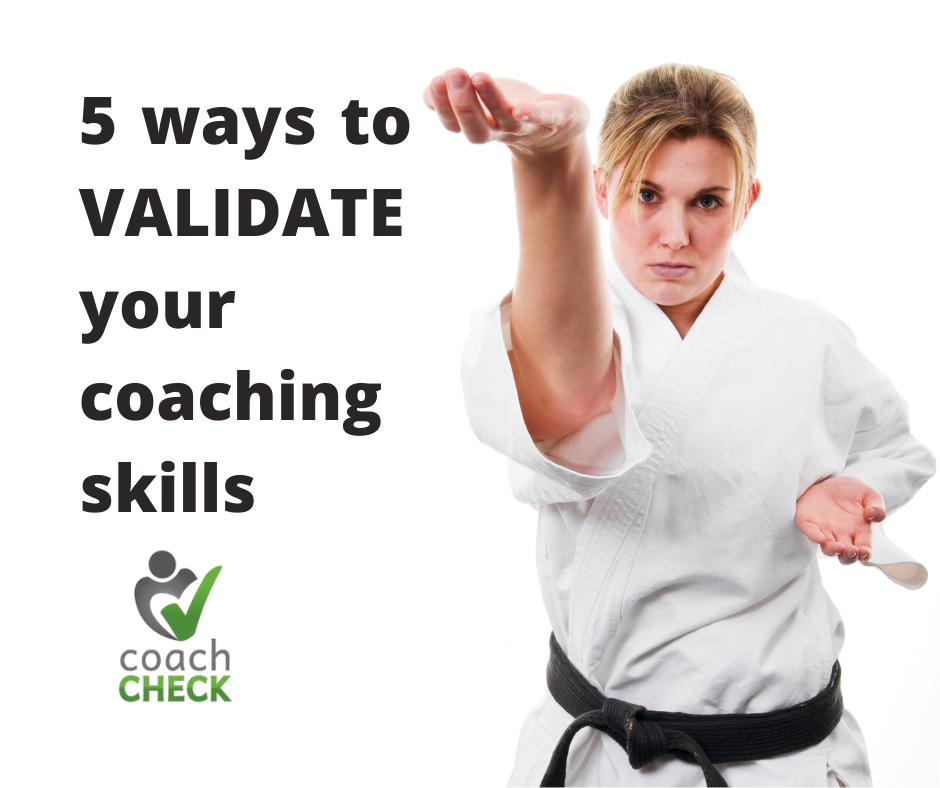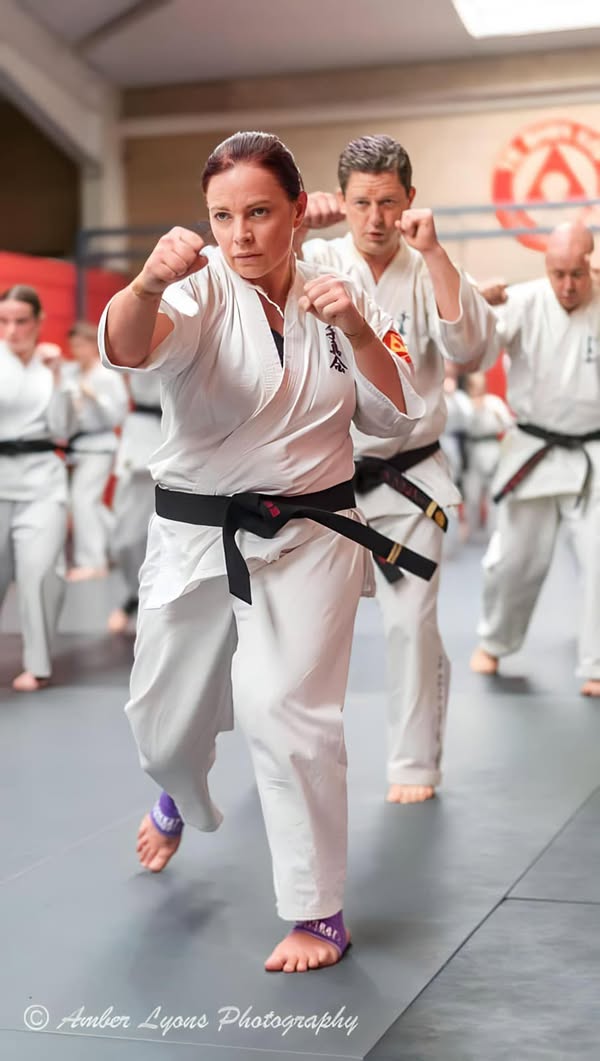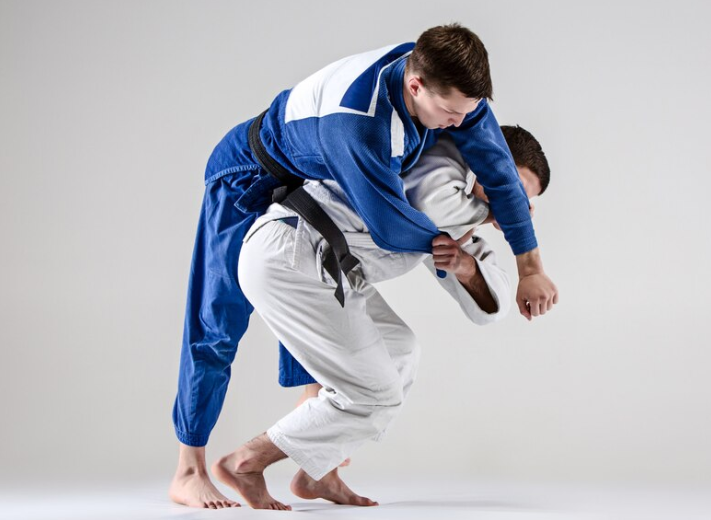As a professional in martial arts, sport, or fitness, it is important to validate your skills. Validation is an assurance that your skill sets meet the needs of the customer and legal boundaries of other identified stakeholders such as such as councils and the public.There are many, different ways you can validate your skills. In this post, I will go through the 5 ways you can prove and validate your skills.
But, before we talk about validating skills, let us talk about what skills are. Possessing a skill is having the ability to carry out a task with pre-determined results with a specific set of resources. It is about making something happen.
There are “Hard Skills” and there are “Soft Skills” that need to be considered when determining someone has adequate skills to perform in a job role.
“Hard Skills” – We define hard skills as the technical abilities that fit the job. Normally, you acquire hard skills in the dojo, gym or sporting field, it’s a mastery of, or understanding of the technical requirements of a particular discipline.“Soft Skills” – can be described as traits that make you a good professional! Traits such as etiquette, communication and listening, getting along with other people as well as having un understanding of your legal and moral obligation with clients.
When it comes to skill validation, you need to provide proof that you can carry out a task and do it with specific limitations in resources. This can be previous work experience, education in the field or industry or organisational recognised achievements or awards. There are five different ways you can validate your skills:
1. Biography
Its important to provide at least a brief outline of who you are, your expertise and your purpose. In other words, sell yourself to potential employers, clients or any member of the public who are wanting to know more about you. A bio may be written in “first tense” (EG – I have been working in the industry for ….) or “second tense” (EG – your name has been working in the industry for ..) if you feel a little humble or embarrassed about talking about yourself or your achievements then try using “second tense,” in your bio writing. It is necessary to let people know who you are in a brief but concise manner.
2. Work Experience
This is perhaps the most obvious and probably the strongest one for most people and yourself. What is important is that you document experience such as job roles, specific tasks achieved, responsibilities, and duties that you held. In the martial arts, sport and fitness field, most potential clients are more interested in your work experience, rather than what education you have. You should list these valuable experiences in reverse chronological order, i.e. most recent experience first.
3. Certifications and Awards
This one is also obvious! You will surprise yourself with how many short courses or certifications that you have achieved over the years. List your most recent certifications (formal education or industry) at the top of the list. Try to make your list relevant to the industry in which you are promoting yourself. (EG – It isn’t necessary to list “truck driving” achievements when building a profile as a martial arts coach.)
4. Professional Development
It is universally recognised that any certification has a lifespan of around three years unless you undertake ongoing professional development to ensure that your knowledge (Hard Skills and Soft Skills) remain “current” with industry standards. Industry requires members acquire minimum Professional Development Points (PDP’s) within a 3-year period – usually 20 PDP’s.
PDP’s are granted to providers of courses and programs based on course quality, length, and outcome. Extra points are granted if the course or program comes with a scored assessment. However, as a martial arts, fitness, or sports coach you should list any ongoing learning that you undertake as a matter of record for future reference. All professional development is good! So, record it!Professional Development can be gained by attending workshops, undertaking a first aid course, completing short courses, attending trade shows, attending martial arts, sports, or fitness camps, undertaking an internship, or undertaking industry-based volunteer work. Professional Development activities are used to validate the skills that the person has or develop new skills. The good part is that anyone can undertake professional development activities,whether you have a work permit or not!
5. Recommendations/references
Nothing is more powerful than to have recommendations/references from other industry professionals, employers, or happy clients. The public can gain an immediate snapshot of who you are as a person and as a professional. The problem however lies with the validity of the testimonial presented. It is unfortunately too common for individuals or companies to falsely present themselves to the public by showcasing fake testimonials. The key to ensuring that a testimonial/reference is valid is to ensure that the referee is identifiable and contactable.Coach Check have created a feature that ensures that all recommendations and references to you the coach are “valid.” All recommendations must also be approved by you before they are able to go live on your coach profile.
Note: In most countries now, it is necessary for any person undertaking work (one on one or group training) that includes children or vulnerable people as participants, you must undergo a recognised background check first. Have not got one yet? Do it today and round off your profile!
Coach Check
When you create your FREE Coach Check profile, you will have access to tools to help build a professional and compliant business. We help you professional image, communicate and interact with members of the public and other professionals, away from the clutter and craziness of social media. Coach Check is for the discerning martial arts, sports or fitness coach wanting to maintain a culture of integrity and respect in their chosen industry!



